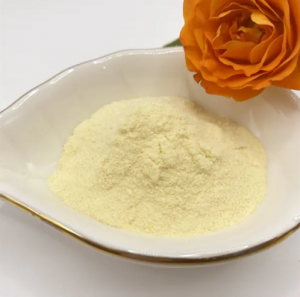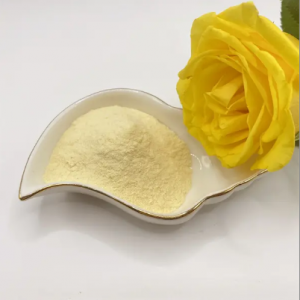Protein hydrolysate in fertilizer refers to a product derived from the enzymatic or chemical breakdown of proteins into smaller amino acids. This process, known as hydrolysis, makes the nutrients more readily available for plant uptake.
Key Features of Protein Hydrolysate in Fertilizers:
Source: It can be derived from various organic materials, including animal by-products (like fish), plant sources (like soy), or microbial fermentation.
Nutrient Content: Protein hydrolysates are rich in nitrogen, which is essential for plant growth. They also contain amino acids, which can enhance plant metabolism and improve overall health.
 |
 |
Hydrolyzed Protein N16
Protein Content 90%-95% Organic Nitrogen 16% PH Value 4-6 Moisture 5% |
Bioavailability: The smaller amino acids are more easily absorbed by plants compared to whole proteins, making protein hydrolysates an effective source of nutrients.
Soil Health: In addition to providing nutrients, protein hydrolysates can improve soil structure and microbial activity, promoting a healthier soil ecosystem.
Application: They can be used in various forms, including liquid fertilizers, foliar sprays, or soil amendments.
Sustainability: Using protein hydrolysates can be a more sustainable option compared to synthetic fertilizers, as they often utilize waste products and contribute to a circular economy.
Overall, protein hydrolysates are valued in organic and sustainable agriculture for their nutrient content and ability to enhance plant growth and soil health.
Post time: Sep-25-2024




